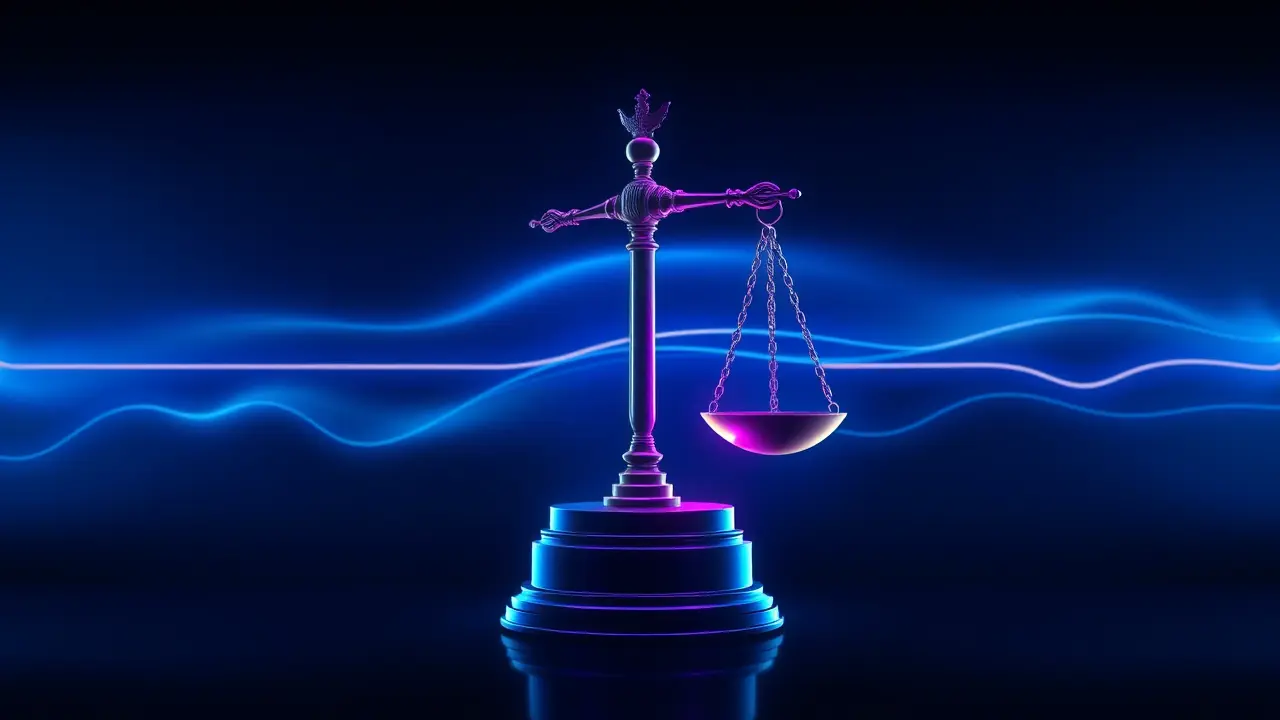Letitia James Indictment Questions Impartial Justice
The prosecution advanced by Letitia James presents a foundational question that strikes at the very heart of our judicial system's credibility: would any other federal prosecutor, operating under an identical set of circumstances and evidence, have chosen to bring this specific case against any other defendant? A dispassionate analysis of legal precedent and prosecutorial discretion suggests the resounding answer is, and must be, no. This is not merely a legal skirmish; it is a profound test of impartial justice, a principle enshrined from the era of Churchill, who warned of the capricious application of law.Historically, the American legal framework has been predicated on the blindfolded Lady Justice, a symbol of objectivity meant to shield the judiciary from the corrosive influence of political ambition and public sentiment. Yet, here we observe a case that appears to deviate from that sacrosanct standard, inviting scrutiny over whether the machinery of the state is being wielded with consistent, even-handed rigor or if it is being selectively deployed as a political instrument.When we examine the dockets of federal courts across the nation, we find countless instances where analogous financial dealings, often far more egregious in scale and intent, have been resolved through civil penalties or administrative sanctions, not the full weight of a criminal indictment. The decision to escalate this particular matter into the criminal sphere, therefore, cannot be divorced from the political stature of the defendant, creating a dangerous precedent where legal consequences are contingent not on the act itself, but on the identity of the individual who committed it.This selective enforcement erodes public trust, fostering a perception of a two-tiered justice system—one for the politically vulnerable and another for the politically protected. Legal scholars from institutions like Harvard Law and the American Bar Association have long cautioned against such scenarios, arguing that when prosecutorial power is perceived as a weaponized tool, it undermines the foundational legitimacy of the entire government.The long-term consequences are dire: a citizenry that views legal outcomes as predetermined by political alignment rather than factual evidence is a citizenry on the path to cynicism and disengagement. The James indictment, therefore, transcends the immediate fate of one individual; it serves as a critical case study in the maintenance of democratic norms.As we analyze the strategic motions and legal arguments, we must ask whether this prosecution aligns with the historical application of justice or if it represents a new, politically-charged chapter. The integrity of our institutions depends on our willingness to pose these difficult questions and demand answers that reaffirm the principle that no one is above the law, but more critically, that no one is beneath its equal protection.
JA
Jamie Larson123k2 days ago
this is why people get so cynical about the system tbh it just feels like the rules change depending on who you are
0
